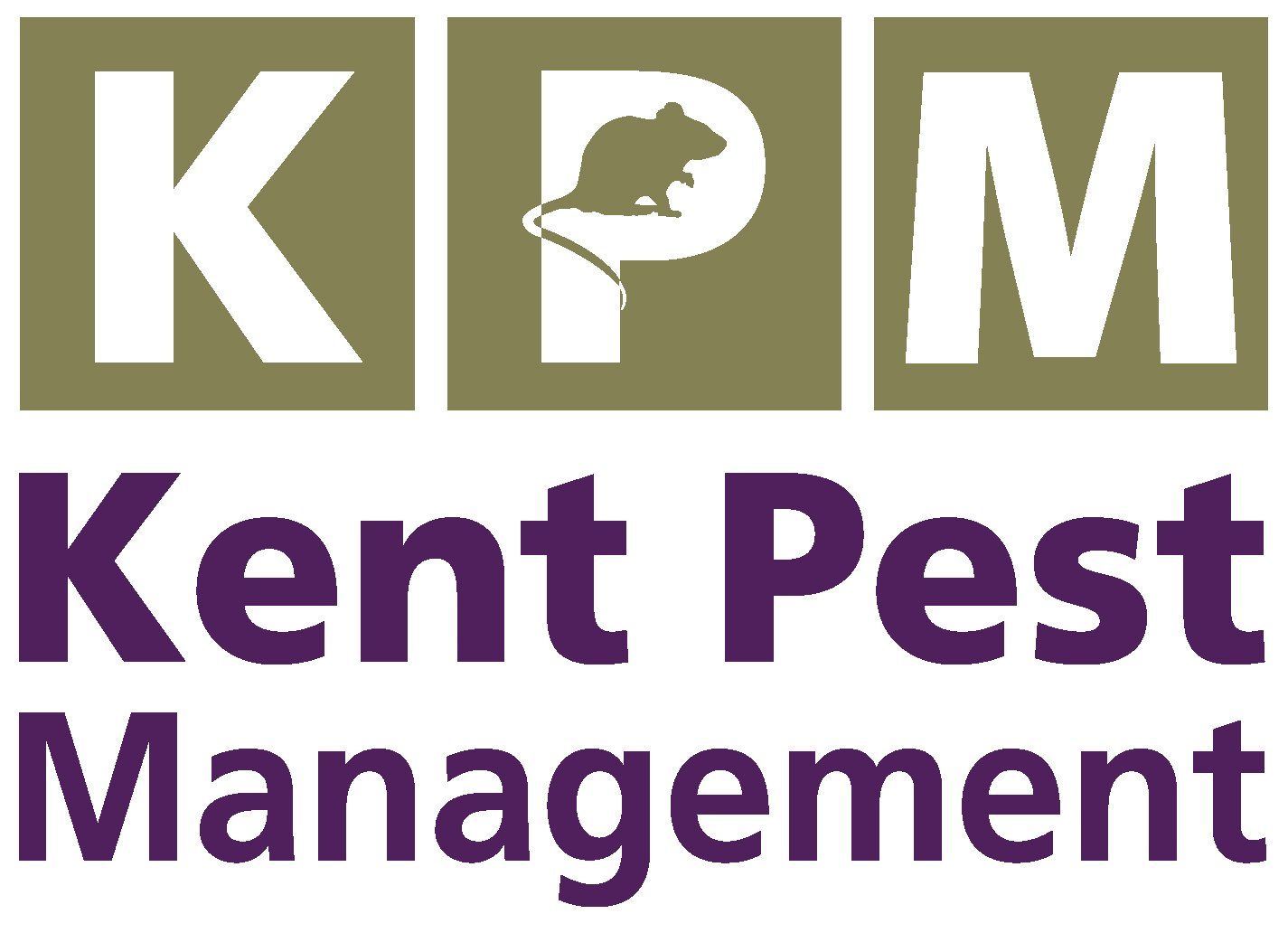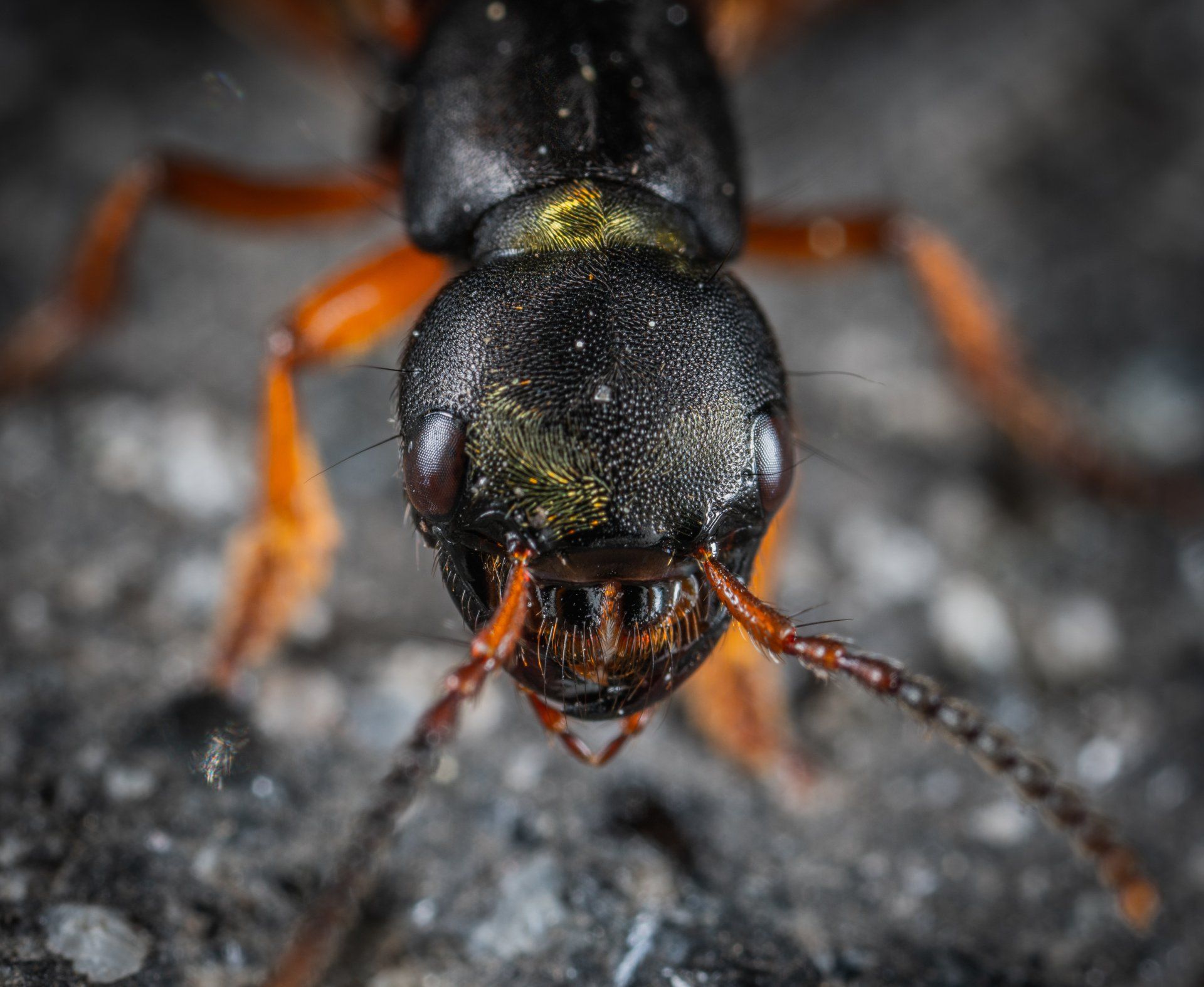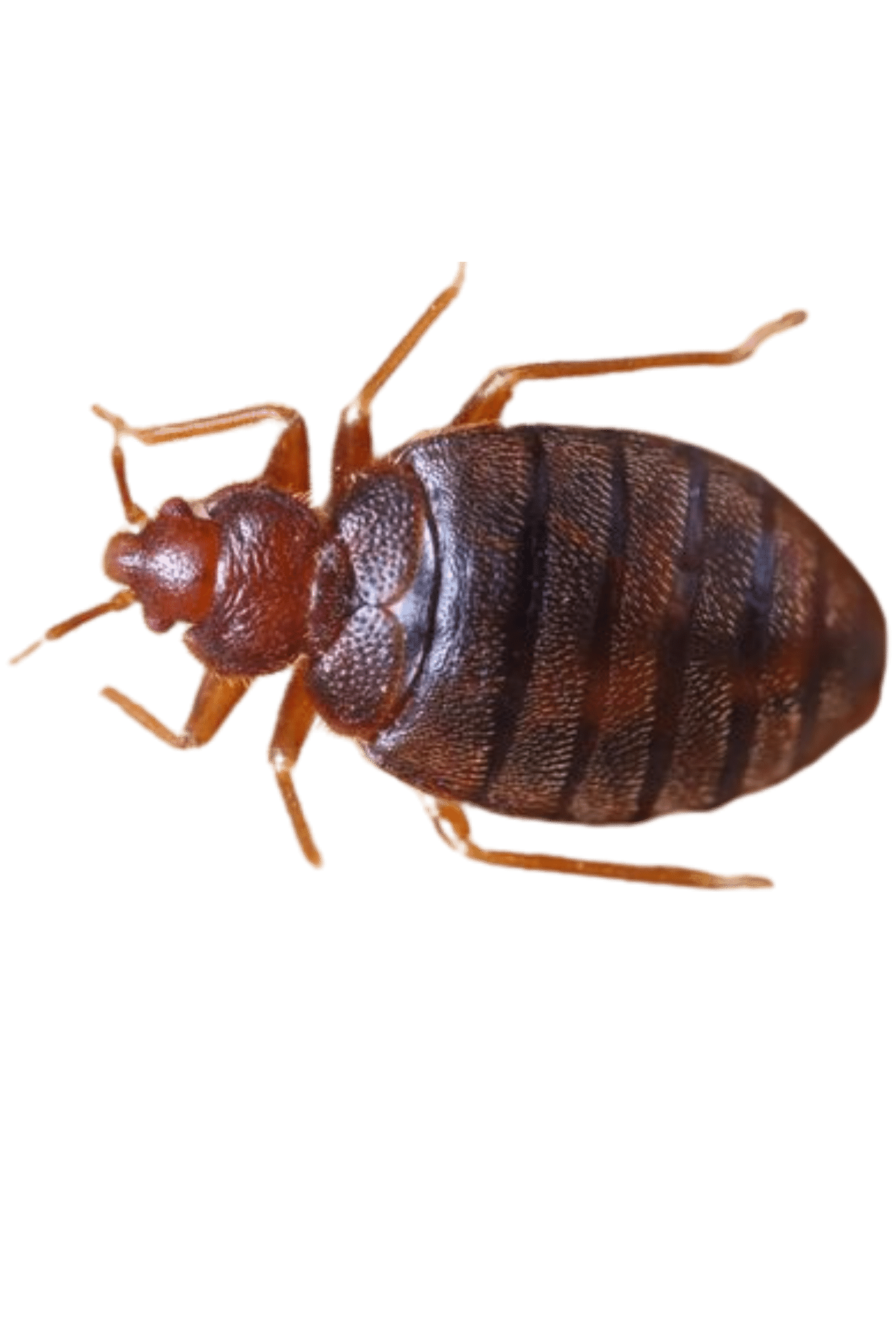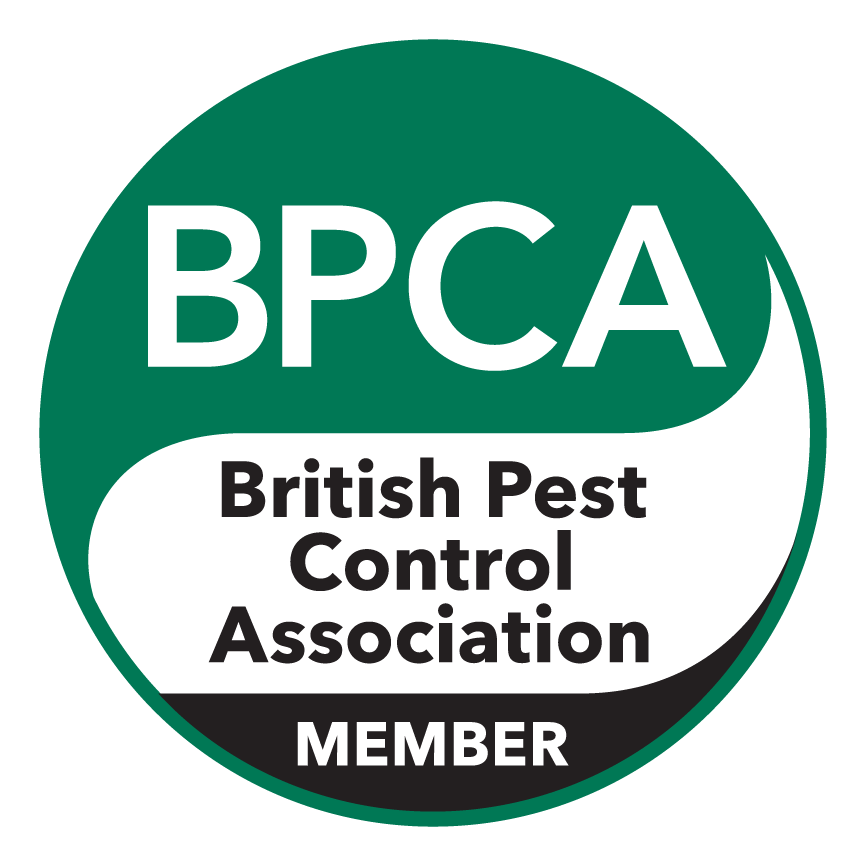Do we have a rat problem in the UK?
Should I be worried about rats?
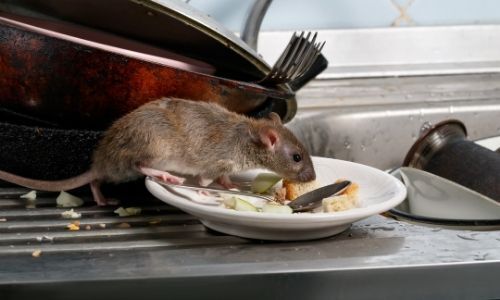
The UK has a rat problem. These rodents are becoming increasingly common, from rats in the sewers to rats on the streets. Rats can carry diseases like Weil's disease, Salmonella, Encephalitis, and Leptospirosis. They also have been known to chew through electrical cables and cause fires. Such a problem! Luckily for the UK's residents, there are ways to keep them out of your home without resorting to poison.
Here are some ways you can deter rat infestations at home so that you can prevent these critters from damaging your property or posing a public health risk to you or your family:
What is the size of the rat problem in the UK?
The problem of rats in the UK is not as big as it seems; there is estimated to be about 250 million rats in the UK. They are becoming more and more common in urban areas, but they have been a part of the country's ecosystem since the early 18th century. Rats are commensal rodents (eat from man’s table) who feed on leftover food and garbage. They have always been drawn to human settlements because of the convenience of this food source.
Chances of a rat infestation near you
The chances of a rat infestation near you depend mainly on your location. For example, in urban areas, the prevalence of rats is much higher. This is because there are more buildings and homes for them to live in and access to food sources like garbage and organic material. The same can be said for cities in developing countries.
There is less of a chance that you will encounter rats in rural areas. This is mainly because there are fewer man-made structures for them to hide out in or eat things from. However, this does not mean that rural folks are entirely safe from a rat infestation by any means. If they happen to come across some food left out by people, they will most likely have no problem finding it.
The causes of rats in your home
- Eliminate any gaps around pipes and under sheds, as rats only need a gap of 15mm to gain entry to a structure. You will need to search for potential entry points and seal these up with wire wool embedded in quick-setting cement. It would help to focus on low-level gaps first, as these are the most likely areas for rats to enter. You can then consider any higher up vents or openings.
- Remove potential nesting sites by keeping yards and gardens clean and tidy, cutting back overgrown areas, and clearing any piles of wood or debris. Compost heaps can also become nesting sites, so our advice is to protect them with wire mesh to prevent rodents from digging a harbourage.
- Ensure that drain inspection covers are in a good state of repair and any disused pipes are sealed off. A one-way valve can also be fitted to prevent rats from gaining ingress from the sewer.
- If you feed garden birds, do not do this to excess and use a bird table or feeder basket, if possible, to catch any off-cast seed. In urban areas, taking in bird feed at dusk is a way to remove an easy food supply during normal feeding time.
- Cover any household waste where rats can get access to it and close dustbin lids. Recycling containers should also be washed to remove any food residue.
How to get rid of rats in the house
Rats are hard-wired to survive! Rats are;
- adaptable
- highly mobile
- and breed rapidly
Bearing this in mind, rat control is an uphill task for the untrained individual. With any rat infestation, it is recommended to contact a professional pest management company, which is a member of the BPCA.
However, you can choose to conduct the work yourself, buying amateur use rat poisons (rodenticides) and traps from a hardware store or garden centre. Most rats are wary of new objects such as traps or poisons placed in their environment. They will avoid them for a period before exploring them, so do not expect instant success with this approach. Additionally, when setting poison or traps, thought needs to be taken to ensure they are in a safe and secure place out of reach of non-target animals, children, and pets.
BPCA has a strong warning to anyone using rodenticides;
- always follow the instructions on the label,
- search for dead rodents
- safely dispose of any dead rodents.
When a rat consumes poison, it will likely die in a cavity or roof space from which a bad smell can emit. If you cannot locate the dead rodent, it may take several weeks for the body to decompose, and the smell dissipate. Leaving these in the open can result in secondary poisoning of non-target animals, such as pets or birds scavenging on the carcass.
It is not recommended to tackle these pests yourself. If you do, you must take all necessary precautions to ensure you do not cause collateral damage or suffer personal injury to yourself. We would always recommend contacting a professional pest management company that is a member of BPCA. They are trained in rat control and will have access to a range of professional use rodenticides and tools, which are not available to the general public.
Knowing how much, where, and when to deploy products is where professionals can take control of situations efficiently. There is also a growing issue with resistance due to incorrect choice of rodenticide or widespread use by members of the public. Professional pest controllers will take an integrated pest management (IPM) approach to tackle your infestation. A pest professional will use monitoring equipment to confirm entry points into your property, the infestation’s size, and track the rat to its harbourage (nest). They can then recommend a proofing strategy and decide on the best course of action in terms of control; this could be traps, rodenticides, or both. You should always expect to receive a full, written report from a professional pest technician.
Conclusion
Rats are a widespread problem in the UK. They are most active at night, so they will not normally be seen during the day, but you may find droppings and chewed items, such as insulation, food, cardboard etc.
To get rid of them, you need to identify the food source and remove it. It makes sense to hire a professional Pest Control company to do the job in many cases. They have the training and correct equipment to eliminate the problem quickly and effectively.
You might also like
Contact us today for a Quote
We will get back to you as soon as possible
Please try again later
Location
Room 3, First Floor, 54 Holly Bush Ln, Sevenoaks TN13 3TL
Email
info@kentpestmanagement.co.uk
Call
01732 905576
All Rights Reserved | Kent Pest Management | Privacy Policy | Website Design and Managed by Eazi-Sites
